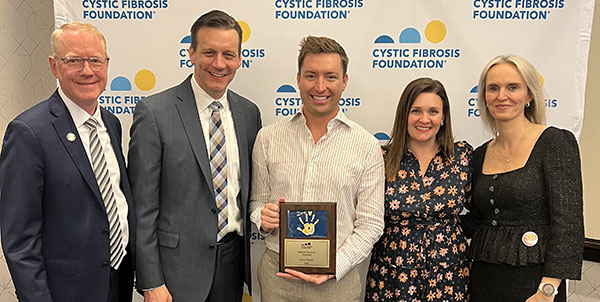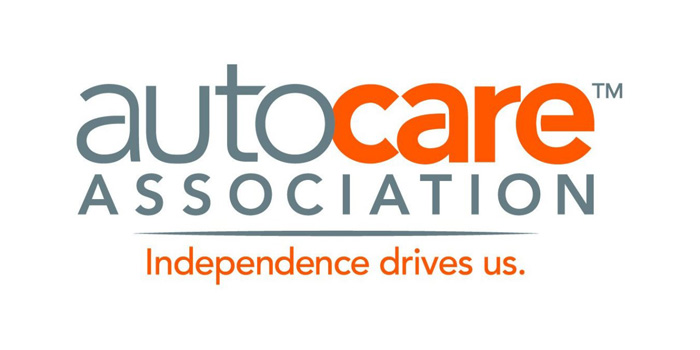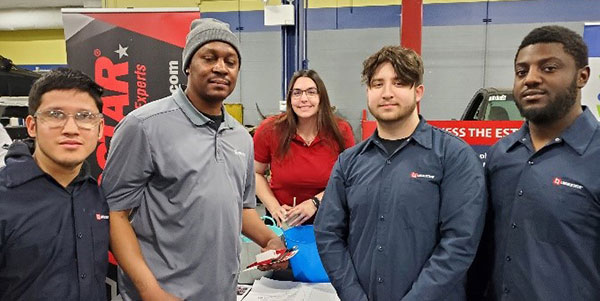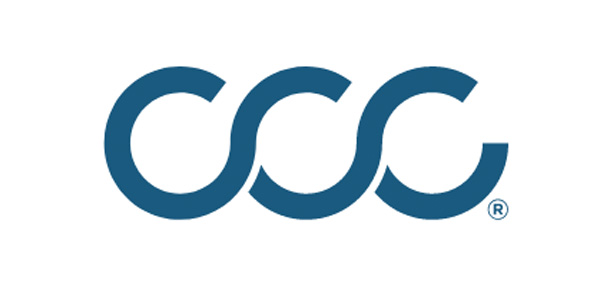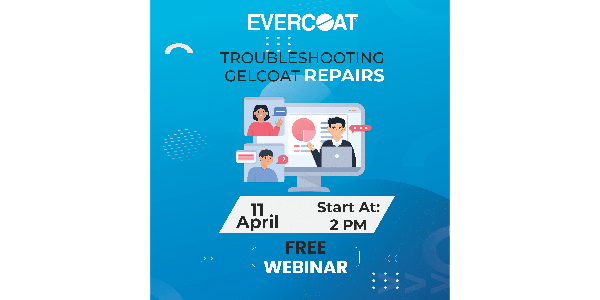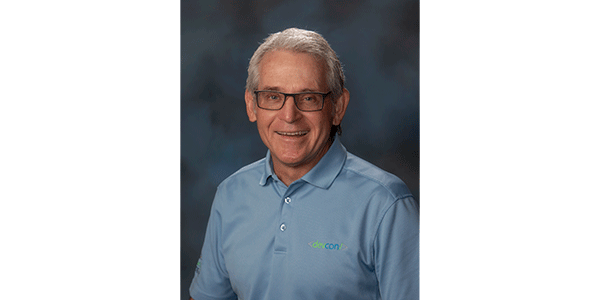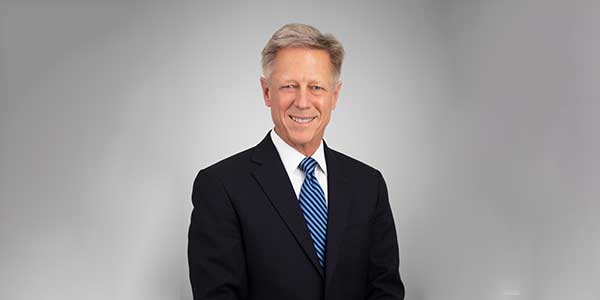Ever since Ford announced the release of its new F-150, aluminum seems to be the talk of the industry. Due to Corporate Average Fuel Economy (CAFÉ) standards requiring automakers to produce more fuel-efficient vehicles, the maker of America’s best-selling vehicle turned to military grade aluminum alloy to make the truck 750 lbs. lighter.
But some shop owners aren’t too enthusiastic about the change. For one, purchasing special equipment to properly repair aluminum is a significant investment – one that some speculate will offer little to no return.
"The biggest challenge facing repairers isn’t becoming capable in aluminum repair; it is the downward pressure being placed on repairs from an expectation that somehow we are able to do more, and invest more, for a lesser return," said Aaron Schulenburg, executive director of the Society of Collision Repair Specialists (SCRS).
Dan Risley, president and executive director of the Automotive Service Association (ASA), estimates that less than 20 percent of the industry is ready to perform structural repairs on aluminum vehicles.
"I think a larger portion of the industry is capable of repairing non-structural aluminum parts, but they aren’t equipped to do it."
While the news of Ford’s most beloved vehicle taking on an aluminum design has got some people scratching their heads, the metal is no stranger to the automotive world. Brands like Jaguar and BMW have used aluminum in their vehicles since the early 2000s, and other automakers, such as GM, are preparing to follow suit in the near future.
In addition to OEMs, some collision repair shops have been riding the aluminum train for quite some time, too. Angelo DiTullio, assistant vice president and regional operations manager of Philadelphia-based Rocco’s Collision, said his shop invested in Jaguar aluminum repair certification about three years ago – a move that he optimistically anticipates will pay dividends in the long run.
"I think there are probably a lot of people right now clamoring at the last minute as far as repairing [the F-150] goes, and I think we already have most of what we need and the area to do it in," he said. "The Jaguar certification is definitely no easy certification to get. It took us a lot of time, a lot of training and a lot of investment. But I think that the lesson they taught us and the equipment we had to buy and the things we had to learn really did put us in a good position for the F-150."
DiTullio estimates that his shop spent around $25,000 to get aluminum ready. However, he was able cut some steps out of the typical process one would normally implement to prepare for aluminum because Rocco’s happened to already have a spare two-bay area that was completely separated from the rest of the shop.
"It has separate air conditioning, separate heating…it was just perfect to turn into an aluminum repair center. I’m glad we did, now that everything’s going in the direction it is."
But cases like DiTullio’s seem to be the exception, according to SCRS. And although Rocco’s is aluminum certified by Jaguar, Schulenburg says that different vehicle manufacturers will have various standards of aluminum repair for their vehicles.
"Even if a repair facility is aluminum certified by one OEM, they would still need to obtain make-specific training to become capable to work on another type of vehicle," he said. "Ultimately, because of the commitment and upfront costs, I think it’s fair to say that a small minority of the market is currently involved in proper aluminum repairs."
A majority of vehicles on the road – and in collision shops, for that matter – are steel. For Ben Krom, a relatively new owner of West Branch Collision & Classics, a rural shop in New York, he has yet to encounter an aluminum vehicle in need of repair. However, he’s not reluctant by any means to invest in the necessary equipment to properly fix these vehicles.
"I’ve never let any type of change daunt me," he said. "I go with the changes, I embrace them and I do what it takes to go with them. I think you have to as a small business owner. And those shops who rest on their laurels, so to speak, will fall behind."
In order to stay up to date in the industry, Krom says that he’s willing to take the plunge into investing in aluminum repair equipment as soon as an aluminum vehicle enters the shop. In other words, he’ll invest in the equipment as soon as he sees a need for it.
"I would find a way to [fix it], either by subletting the repair to a qualified shop or getting the equipment that’s required to do it. I don’t think you can go to a customer and say, ‘I just can’t do it, you’re going to have to go to another shop,’ because that sets a precedent."
While the return on investment won’t just magically appear overnight, ASA’s Risley says that the shops that make the investment in equipment and training will be the ones that survive in the end.
"It probably doesn’t make financial sense for [shops] to pursue it today if they don’t have the capital. However, it will start to even out as more mainstream vehicles, such as the Ford F-150, are manufactured. If you don’t do this at some point, you’re going to be blocked out from repairing those cars."
And it’s not just the customers who will take their business elsewhere – shops will be facing increased scrutiny from insurance partners, too.
"Insurance companies are going to start identifying which shops are equipped and trained to repair [aluminum] cars," said Risley. "So if you’re a shop that’s reliant upon direct repair referrals, quite frankly some of those referrals will never make it to your door because you can’t properly repair the vehicle."
Rather than focusing purely on the material itself, Schulenburg suggests that there is a bigger issue at hand.
"Aluminum isn’t the real issue, and the reparability isn’t going to be what determines the quality of the repairs. I think [the issue is] whether this market shift will provide incentive for more of the industry to focus on quality adherence, consumer experience and recovery on investment, or if there will be an intentional commoditization that expects more for less from the masses, producing the same mistakes we have seen both domestically and internationally in our business market."


